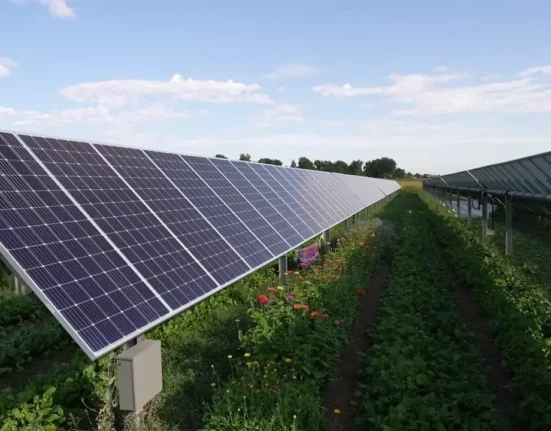Blockades led by supporters of former President Evo Morales in Bolivia have entered their ninth day, demanding his presidential candidacy and the resignation of current President Luis Arce.
In Cochabamba, at least 10 roadblocks have been set up, isolating the central region of the country..
The ongoing blockades in Bolivia highlight the deep political divisions in the country following the contentious 2019 election that led to Morales stepping down and fleeing to Mexico.
Morales’ supporters have been pushing for his return to power, citing what they view as a politically motivated exclusion from the upcoming elections.
Their demands have escalated into widespread protests and road closures, disrupting normal life and economic activities..
The blockades have particularly impacted Cochabamba, a key region in Bolivia known for its agricultural production and strategic location.
The road closures have not only hindered the movement of goods and people but have also raised concerns about potential food and fuel shortages in the area.
The situation has led to growing tensions between Morales’ supporters and the government, with both sides showing no signs of backing down..
As the blockades persist and tensions continue to rise, there are fears of further escalation and potential violence in Bolivia.
The prolonged unrest poses significant challenges for the Arce administration and raises questions about the country’s stability and political future.
Efforts to find a peaceful resolution to the crisis remain elusive, leaving Bolivia on edge as the standoff between Morales’ supporters and the government shows no immediate signs of abating..









Leave feedback about this